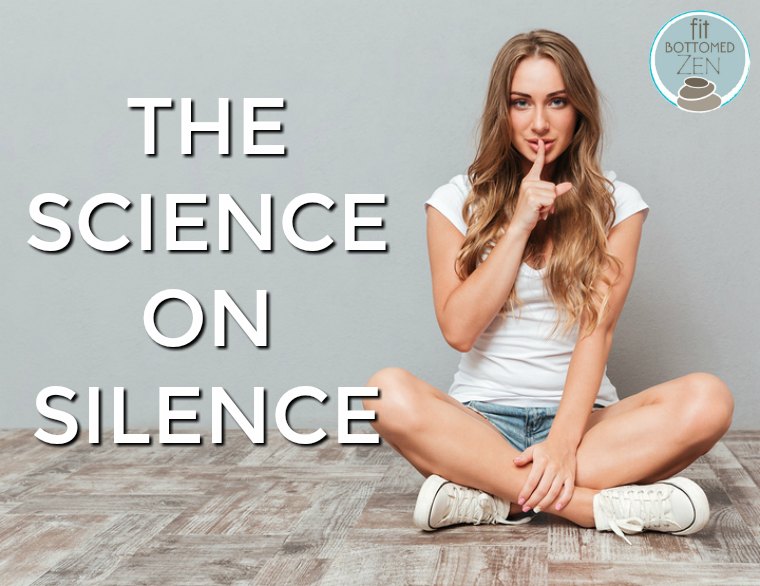The Science on Silence

When was the last time you sat in pure silence? Not quiet. Not a room filled with white noise. Not a yoga studio with serene music and the breathing of 12 other people filling the room. Not in your bed trying to fall asleep with your air conditioner or fan running or trees rustling on the other side of your bedroom window. None of that. Pure silence.
Wracking your brain to remember that moment? Me, too.
We’re not alone. Many people are in search of silence lately. Silence retreats are now a luxury experience (even Emma Watson has been). And for a good reason.
Research shows that complete silence (“the complete absence of auditory input”) is the only stimulus (compared with ambient noise and music by Mozart, which is thought to aid brain development) that elicits significant neurogenesis in the hippocampus. In other words, silence grows new brain cells. New brain cells are a good thing.
Remember your parents telling you that listening to all that rock music was killing brain cells and making you stupid? That couldn’t have just been my parents, right? Well, this is pretty much the exact opposite of that, so as much as I hate to say it, it sounds like they weren’t wrong.
This isn’t to say that all noise is hurting you. Not by any means. Of course noise is inescapable and often necessary for daily functioning. But still, quieter noises are much preferred. Ambient noise, while less effective for promoting neurogenesis, is a great tool to create the illusion of silence when it really is impossible to achieve. It comes in pretty handy while meditating.
But don’t overdo it. “Loud white noise can be a strong stressor,” the research shows.
Sometimes we really do just need to feel like we’re in a silent environment. We need a small amount of white noise to cancel out or override some of the minor peripheral sounds that stimulate us. Sometimes (often), I’m more concerned about getting my work done than I am about growing my brain. And in those cases, I’m all for white noise.
Not that I wouldn’t take pure silence if I could get it.
But honestly, pure silence is difficult to achieve. The research was conducted in an anechoic (sound-deafening) chamber. Those aren’t easy to find, which is why these retreats are now a luxury experience. And it all makes sense.
Would you go on a silence retreat? Do you wish silence was more accessible? I know I do! —Megan
